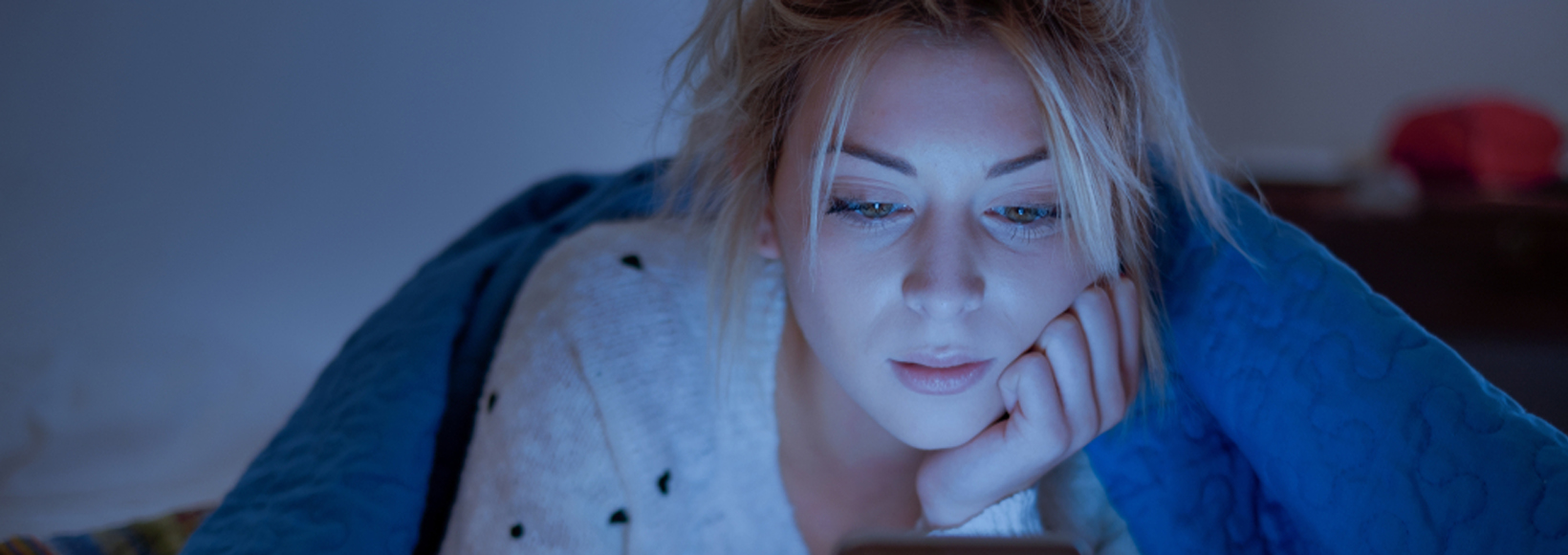
Helping Sleep During Covid-19
20/03/2020
Many people, including us, are finding sleep difficulty during the Covid 19 pandemic. Over a sustained period of time chronic partial sleep loss has been shown to reduce mood, increase the likelihood of picking up infections. Try to make sure you are getting at least 7 hours sleep per night or ideally five 90 minute sleep cycles.
If you have trouble falling asleep and maintaining sleep:
High tryptophan-containing foods such as turkey and pumpkin seeds can help aid sleep if taken before bed. Having a little food in your stomach before bed can help you stay asleep. I usually have a spoon of nut butter and a small glass of milk.
Ensure you have a good bedtime routine to help you wind down physically and mentally from the day.
Try having a hot, or ice-cold bath 1-2 hours before bed, this helps reduce your body’s core temperature and will aid sleep as well as providing an opportunity to relax. Alternatively, a ten-minute shower at 40°C has been shown to improve sleep. Put on a thin pair of socks on after the shower to encourage your body to reduce temperature from its core.
Make sure your bedroom is a sleep sanctuary. Keep the lighting low in the hour before bed and avoid having any TVs or computer equipment in your room. Avoiding the stimulation of artificial light can help and hence candles can be of benefit here.
Avoid using your smartphone or tablet in the two hours before bed. The light it emits prevents the brain from entering a relaxed state. This occurs by stimulating the pineal gland which is responsible for producing melatonin, the hormone that helps prime the body for sleep. Using blue light blocking glasses can be of benefit in improving sleep quality as well.
Try to have a set time for going to bed, not just a set time for waking up. This not only gets your body into the habit of going to sleep at a certain time but also reduces your anxiety about getting enough sleep. This is particularly important when your normal working routine may be disturbed.
If you wake in the night and do not fall back to sleep within 15 minutes, have a glass of water of milk, go to a dimly lit room and read for a few minutes and when sleepy return to bed.
As ever, these measures don’t work we are always here to help.
Dr Hugh Coyne
Private GP
Coyne Medical